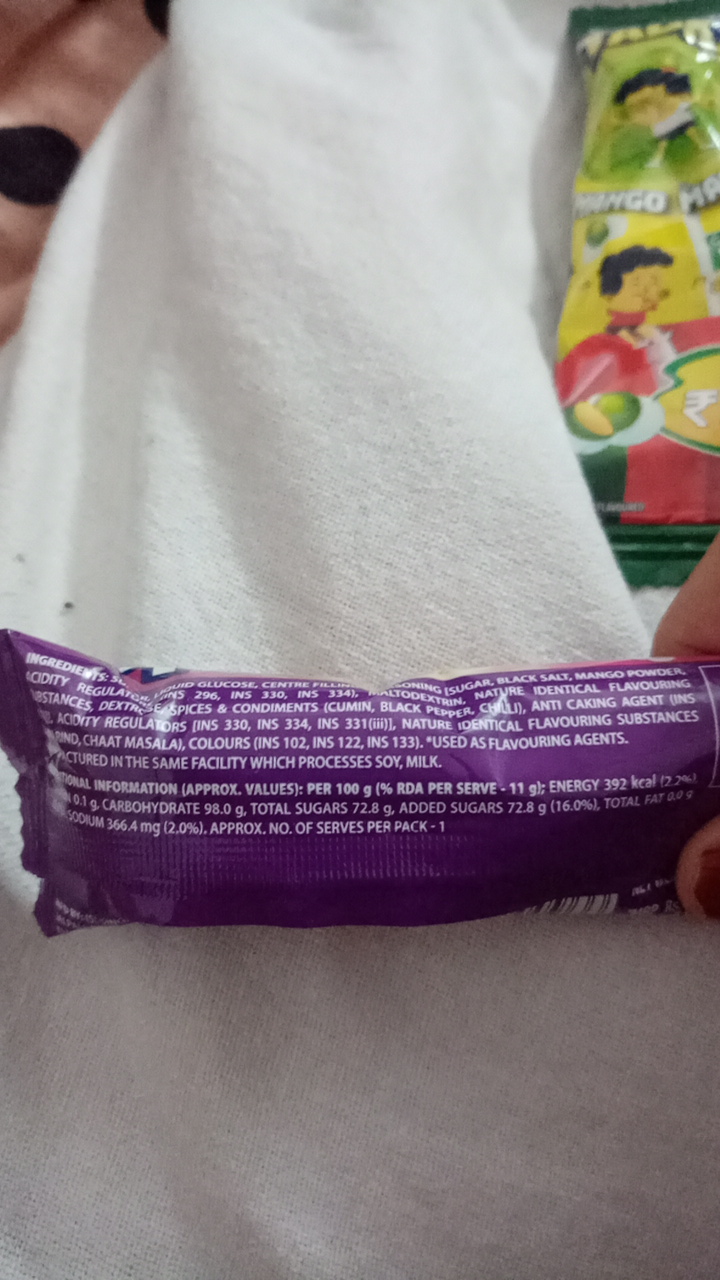
Barcode: 8909081000966
None
HALAL
📝 Reason: According to Islamic dietary law (Quran 5:3) and global Halal authorities like IFANCA, foods are Halal unless Haram elements (such as pork derivatives or alcohol) are present. However, ingredients whose origins are unclear (like generic anti-caking agents, acidity regulators, unspecified flavors, and colors) are classified as Doubtful unless they are certified Halal, due to potential animal or alcohol contamination in manufacturing processes. Where uncertainty exists and no Halal logo or clarity of source is provided, Shariah boards recommend caution and labeling as Doubtful until confirmation. (References: Quran 5:3, IFANCA, Halalharam.org, foodchemadditives.com)
📄 Certificates: Vegetarisch
Ingredients:
Details
Is None Halal? Understanding Its Ingredients
If you are curious about whether None is halal, you have come to the right place. In this post, we will explore the halal status of None by examining its ingredients, E-numbers, and the reasoning behind its classification as halal according to Islamic dietary law.
Halal Status and Explanation
According to Quran 5:3 and various global halal authorities like IFANCA, foods are generally considered halal unless they contain haram components, such as pork derivates or alcohol. None is certified halal based on its ingredients, which we will delve deeper into below.
Ingredient Breakdown
Here is a detailed look at the ingredients of None and their halal status:
- Sugar: Derived from plants, sugar is typically halal unless processed with animal-derived clarifiers. In most cases, table sugar is considered halal. [Source]
- Black Salt: This mineral salt does not contain animal ingredients and is classified as halal. [Source]
- Mango Powder: Made from dried unripe mangoes, this ingredient is free from animal derivatives, making it halal. [Source]
- Maltodextrin: Typically derived from corn, potato, or wheat starch, this is halal as long as it does not originate from animal sources. [Source]
- Dextrose: A simple sugar obtained from plant sources such as corn, dextrose is also considered halal. [Source]
- Cumin: This spice from the Cuminum cyminum plant holds a halal status. [Source]
- Black Pepper: Derived from the dried fruit of the pepper plant, black pepper is classified as halal. [Source]
- Chili: A plant-derived spice, chili is halal as well. [Source]
- Anti-Caking Agent: This term is generic and could involve halal or haram substances. Without specific E-coding or source information, it falls into the doubtful category. [Source]
- Acidity Regulators: These can vary widely; if not specified, some may be animal-derived. This lack of clarity also renders them doubtful without additional certification. [Source]
- Nature Identical Flavouring Substances: These flavouring substances could derive from synthetic, plant, or animal origins. If the source is not declared, they are considered doubtful. [Source]
- Chaat Masala: While it is a blend of spices, its proprietary nature raises questions about its halal status since exact ingredients are unclear. [Source]
- Colours: A generic term that could either include halal or haram additives. The exact type or source would need clarification, categorizing it as doubtful. [Source]
Guidance on Halal Certification
Due to the potential risks associated with specific ingredients such as anti-caking agents and acidity regulators, caution is recommended. Ingredients with ambiguous origins or those that lack Halal certification should be labeled as doubtful. Therefore, it is prudent to seek clearer identification of their sources if Halal compliance is crucial. This guidance is in line with interpretations from Shariah boards, recommending that consumers approach such uncertainties carefully while considering products.
Final Verdict
In summary, None is regarded as halal based on its clear ingredient components that meet Islamic dietary laws. However, it is essential to remain cautious with specific additives and certifications, which may require deeper investigation to confirm their halal status. Always check for valid HALAL certification marks and remain updated on regulations to ensure adherence to dietary laws.
For more information on halal certification, refer to the guidelines provided by recognized bodies such as IFANCA. It is critical for consumers to remain knowledgeable about the food they consume and its compliance with halal laws.
